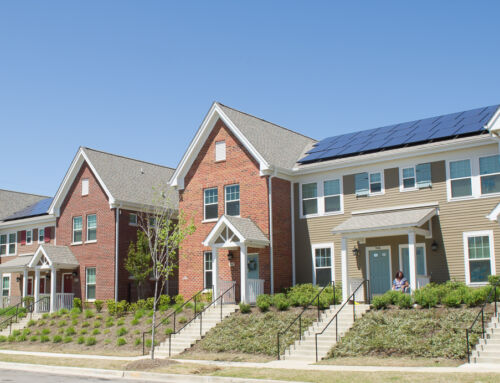The Federal Budget for 2024, unveiled by Deputy Prime Minister and Finance Minister Chrystia Freeland, represents a strategic approach to balancing fiscal responsibilities with proactive social investments. With the theme “Fairness for Every Generation,” the budget is designed to address the immediate needs of today’s Canadians while ensuring long-term sustainability. Here’s an overview of the critical aspects of the budget and what they mean for you.
1. Increased Taxes on High Earners
In an effort to support substantial new spending initiatives, the budget introduces a new tax measure targeting the wealthiest Canadians. The capital gains inclusion rate for individuals earning more than $250,000 per year will increase from one-half to two-thirds. This adjustment will also apply to corporations and trusts, affecting approximately 12% of Canadian corporations, primarily targeting the top 0.13% of earners. This move is projected to generate an additional $19.3 billion over the next five years.
2. Expansive Housing Initiatives
Addressing Canada’s housing crisis, the budget sets an ambitious goal to build 3.9 million homes by 2031. Key initiatives include a $15-billion enhancement to the Apartment Construction Loan Program and the establishment of a $1 billion rental protection fund. An innovative plan will convert 50% of the federal government’s office spaces into residential housing, potentially unlocking 250,000 new homes.
3. Boosting Small Business and Innovation
Small businesses and innovation are at the forefront of the 2024 budget. A new carbon rebate and a package of incentives aimed at boosting productivity and investment in technology highlight the government’s commitment to supporting businesses. Furthermore, $3.5 billion is allocated for strategic research infrastructure to foster a conducive environment for technological advancement and economic growth.
4. Strengthening Social Supports
The budget significantly bolsters Canada’s social safety net. The introduction of a national universal pharmacare plan and the new Canada Disability Benefit are set to transform the landscape of social support in the country. These measures, along with increased funding for mental health, child care, and Indigenous reconciliation, demonstrate a strong commitment to enhancing the well-being of Canadians.
5. Economic Strategy and Fiscal Management
Despite the increase in spending, the federal government is focused on reducing the federal deficit from $39.8 billion in 2024-25 to $20 billion by 2028-29. The budget also maintains a strong emphasis on lowering the debt-to-GDP ratio, reflecting a prudent approach to fiscal management that balances progressive policy implementation with economic stewardship.
Disclaimer: Please note that some content in this post may have been generated with the assistance of Artificial Intelligence (AI) technology. While we strive to ensure accuracy and relevance, we recommend consulting with us for personalized advice or if you have specific questions related to the topics discussed.




